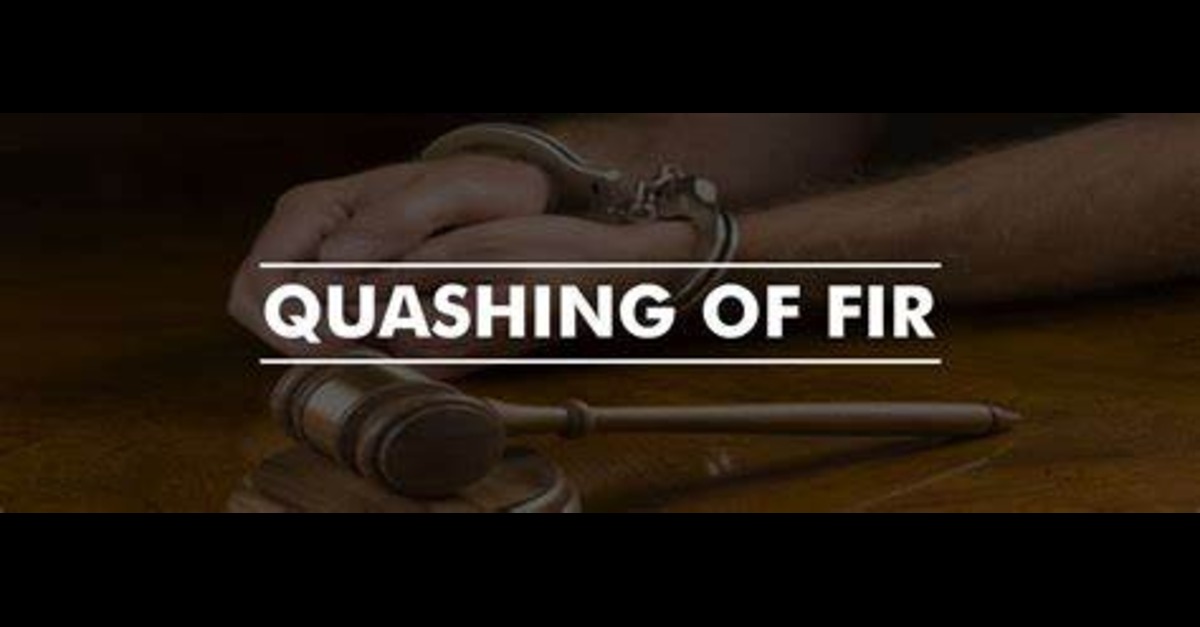Case Name: IMRAN PRATAPGADHI Vs. STATE OF GUJARAT AND ANR.
Case Number: CRIMINAL APPEAL NO.1545 OF 2025
Date: March 28, 2025.
Quorum: JUSTICE ABHAY S. OKA, JUSTICE UJJAL BHUYAN
FACTS
The case is about a video clip posted on social media by Member of the Rajya Sabha Imran Pratapgadhi. The video had a poem recited in the background, which is said to have created enmity between communities and caused religious sentiments to be offended. The FIR was registered under different sections of the Bharatiya Nyaya Sanhita, 2023, such as Section 196, which pertains to encouraging enmity between communities.
ISSUES
1.) Whether the poem in the video clip incited hatred or enmity between communities?
2.) Whether the FIR filed against Imran Pratapgadhi was legally justified?
3.) Whether a preliminary inquiry is mandatory before registering an FIR in cases involving speech and artistic expression under the Bharatiya Nyaya Sanhita?
LEGAL PROVISIONS:
1.) Article 19(1) (a) of the Indian Constitution: Guarantees the fundamental right to freedom of speech and expression.
2.) Section 196 of the Bharatiya Nyaya Sanhita, 2023: Pertains to promoting enmity between communities.
3.) Section 173(3) of the Bharatiya Nagarik Suraksha Sanhita (BNSS): Allows for a preliminary inquiry before registering an FIR for offenses punishable between three to seven years.
ARGUMENTS
APPELLANT CONTENTION
1.) The FIR was driven by political motivations and was intended to curtail his right to freedom of speech violating his rights in Article 19(1) (a).
2.) The poem was an artistic expression intended to stimulate thought, not to incite violence or enmity between communities.
3.) The police acted without a prior inquiry in violation of Section 173(3) of the Bharatiya Nagarik Suraksha Sanhita.
4.) Public personalities should not be disproportionately targeted simply for exercising their rights to freedom of expression.
RESPONDENT CONTENTION
1.) The video clip also had a definite potential to generate communal disharmony, and therefore it was a cognizable offense under Section 196 of the Bharatiya Nyaya Sanhita.
2.) The appellant being a public person should have exercised more prudence in his speech, taking its potential social effect into account.
3.) The failure to conduct a preliminary inquiry does not invalidate the FIR if the offense is evident on the face of the content.
4.) The fundamental right to freedom of speech is subject to reasonable restrictions, particularly when expressions risk public order and communal harmony.
ANALYSIS
The Supreme Court’s ruling in this matter is premised on strike a balance of the freedom of speech and the necessity of maintaining public order. It recognizes the need for a preliminary inquiry before range an FIR for speech, writing or art. Looking at Section 173(3) of the Bharatiya Nagarik Suraksha Sanhita, this ensures that people will not be targeted for their speech unless there is reason. The Court also stated the police need to examine the effects speech has on public order, rather than looking only at the content of the speech. This avoids abuse of law against people exercising their constitutional rights under Article 19(1) (a). By dismissing the FIR against Imran Pratapgadhi, the Court supported the idea that reasonable restrictions on speech do not amount to overreach the freedom of artistic expression, while promoting justice in the interest of upholding constitutional principles.
JUDGMENT
The Court has ruled that a preliminary inquiry is obligatory for offenses punishable with imprisonment of three to seven years under Section 173(3) of the BNSS. The Court stated that the FIR against Imran Pratapgadhi was not justified in law because police had not completed a preliminary inquiry as constitutionally required. The Court quashed the FIR and upheld the necessity of protecting freedom of expression and artistic freedom.
CONCLUSION
In Imran Pratapgadhi v. State of Gujarat and Anr, the case reflects the vital balance that law seeks to strike between free speech and public order. The Supreme Court has essentially ruled that if there is going to be a consideration of and registration of an FIR for offenses involving speech or artistic expression, there will be a preliminary inquiry. This emphasizes the significance of protecting individuals’ rights under Article 19(1) (a) of the Indian Constitution. The FIR against Imran Pratapgadhi was quashed which reinforced the Court’s underlying conviction that artistic and expressive freedoms should only be stifled on the basis of more than a suspicion of actual harm or communal disturbances were possible. The Court also stressed that restrictions of free speech, should have proportionate and reasonable restrictions, which prevented legal provisions from being abused to curb dissent or creativity. This judgment establishes a clear precedent in the protection of individuals’ rights, especially the rights of public figures, while allowing law enforcement to operate according to constitutional norms and procedural safeguards.
“PRIME LEGAL is a full-service law firm that has won a National Award and has more than 20 years of experience in an array of sectors and practice areas. Prime legal falls into the category of best law firm, best lawyer, best family lawyer, best divorce lawyer, best divorce law firm, best criminal lawyer, best criminal law firm, best consumer lawyer, best civil lawyer.”
WRITTEN BY MARTHALA JOSHIKA REDDY


